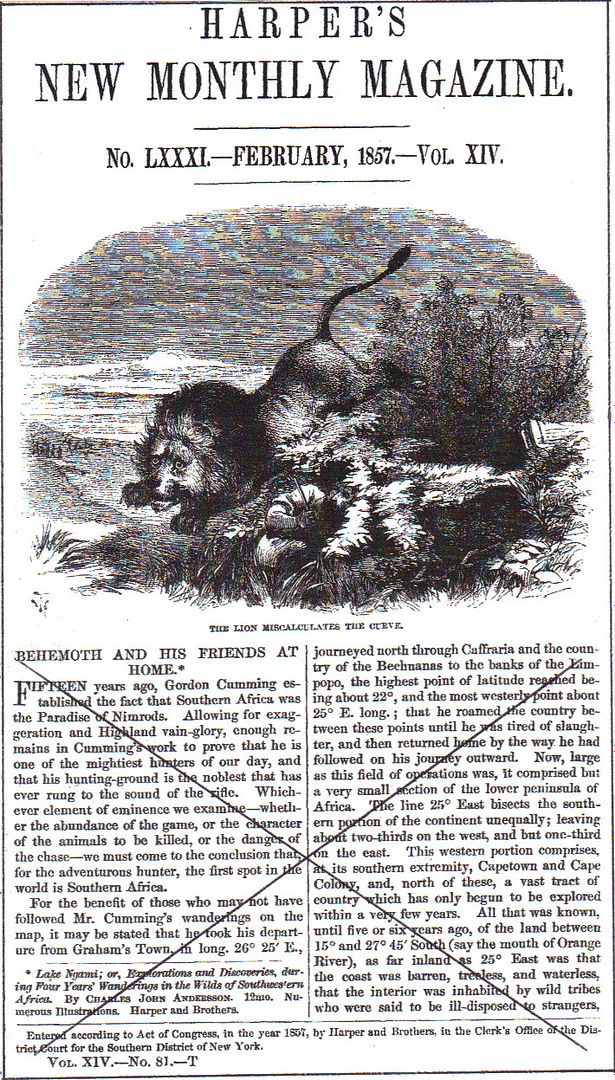
Posted on 02/01/2017 4:52:50 AM PST by Homer_J_Simpson

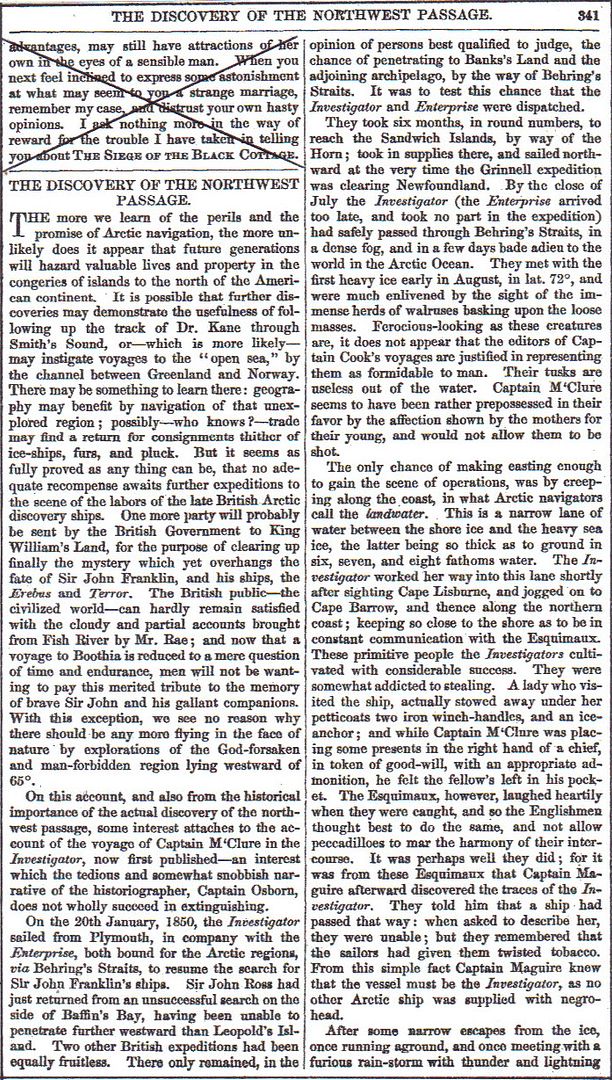
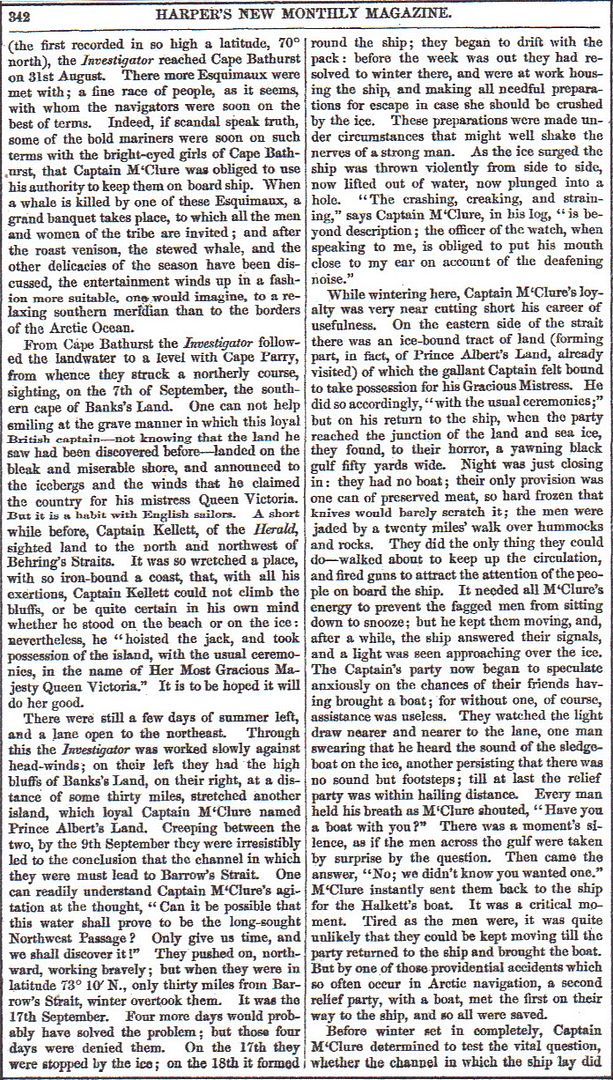
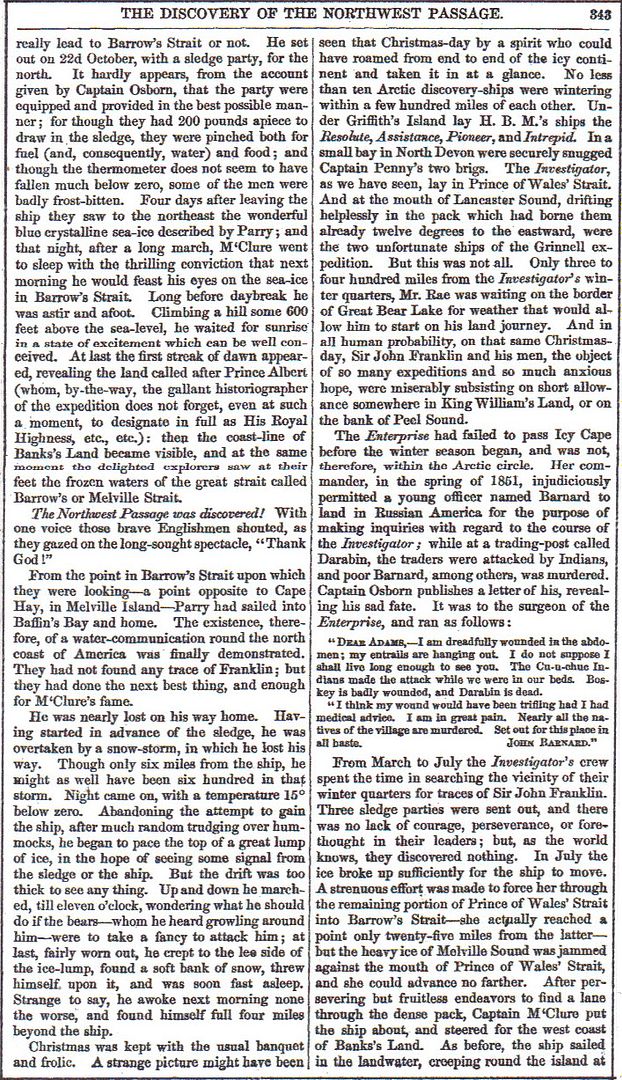
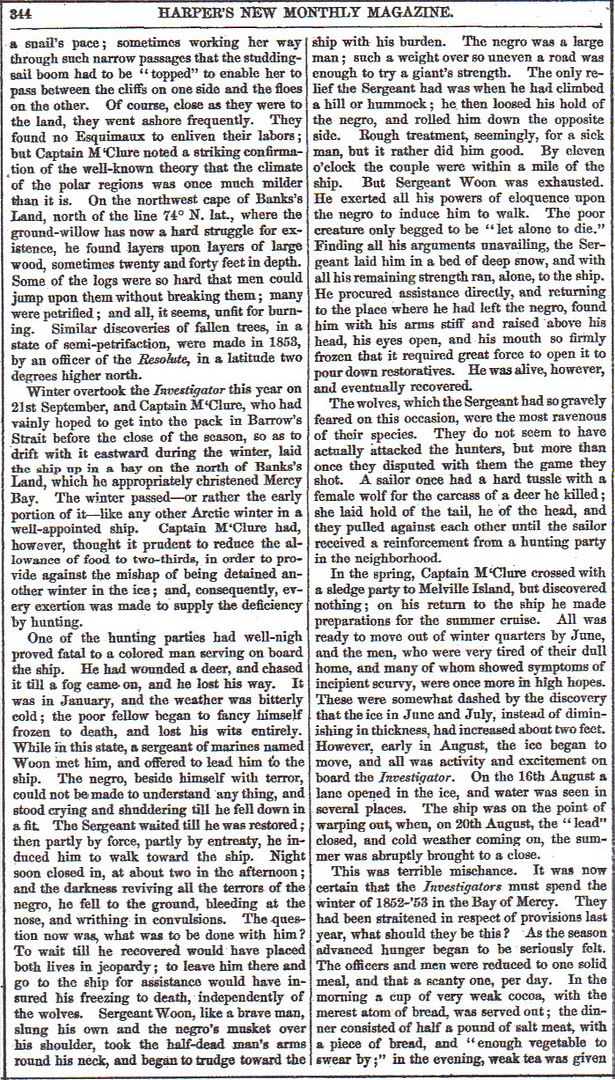
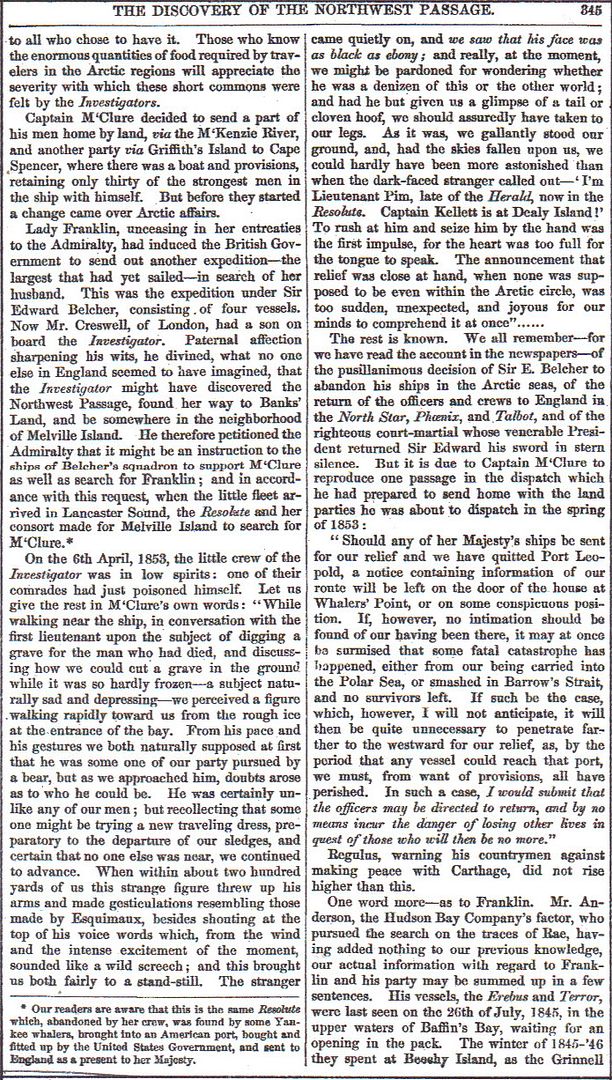
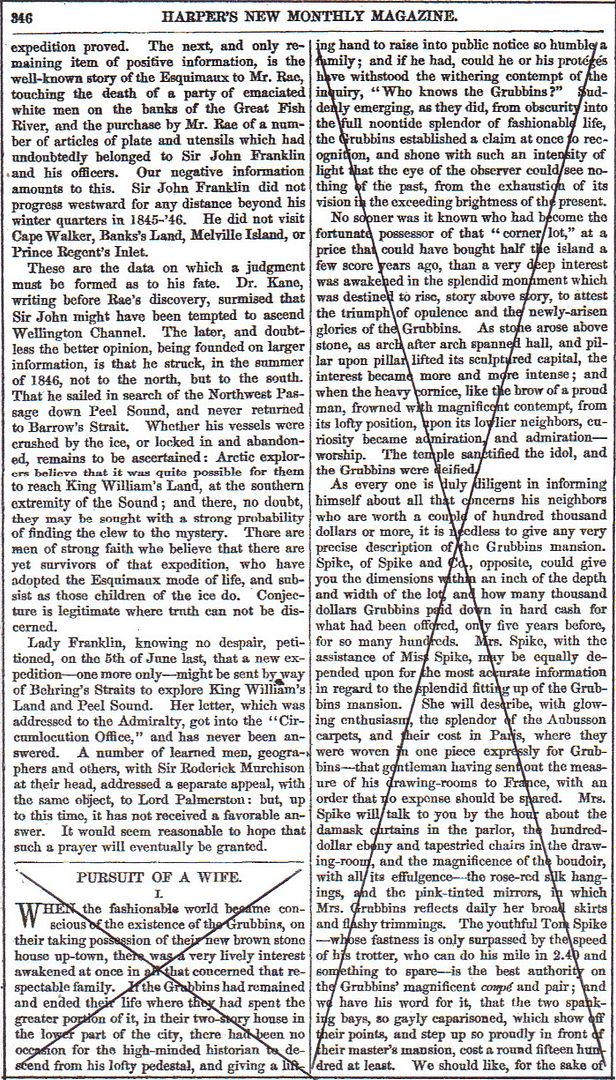
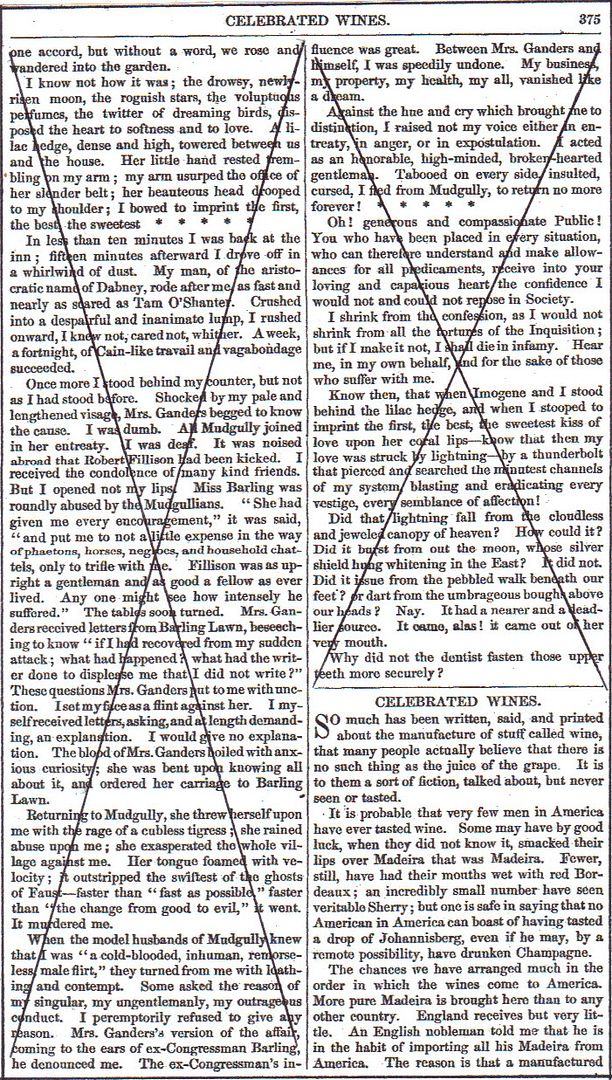
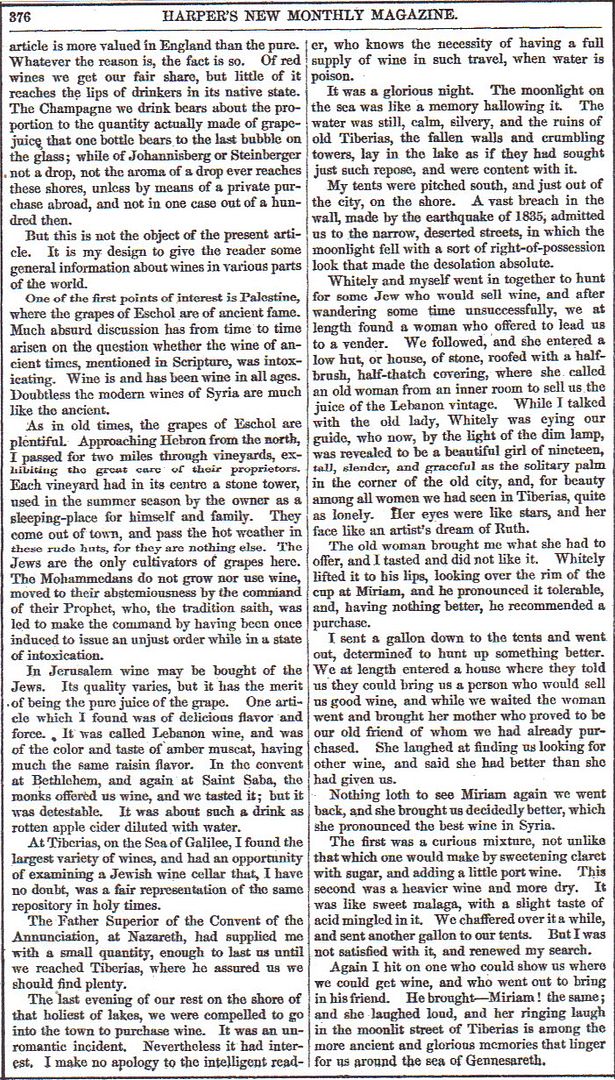
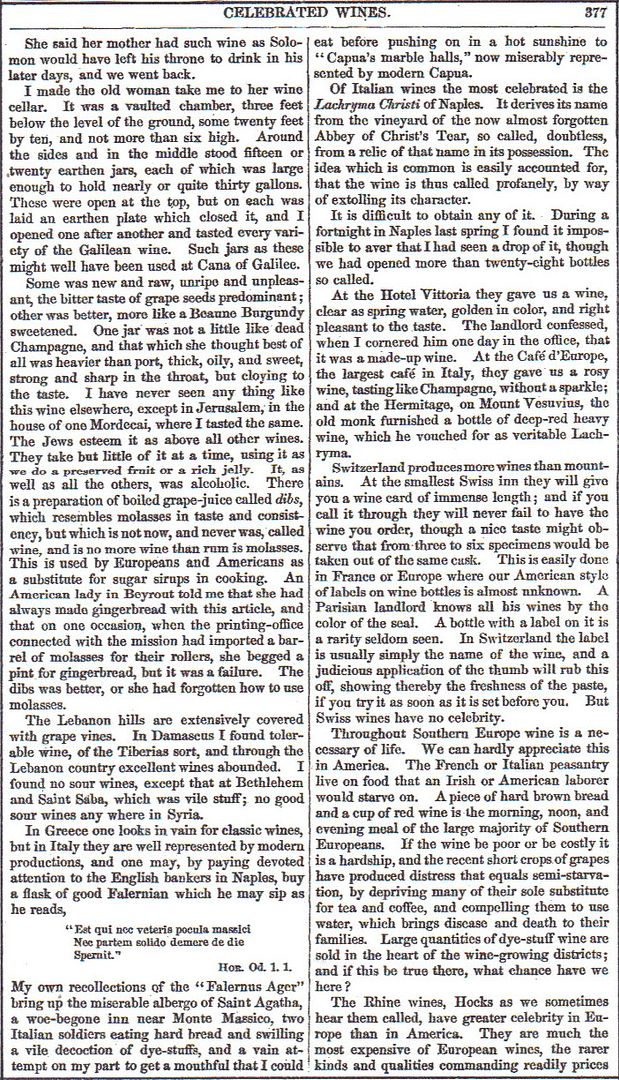
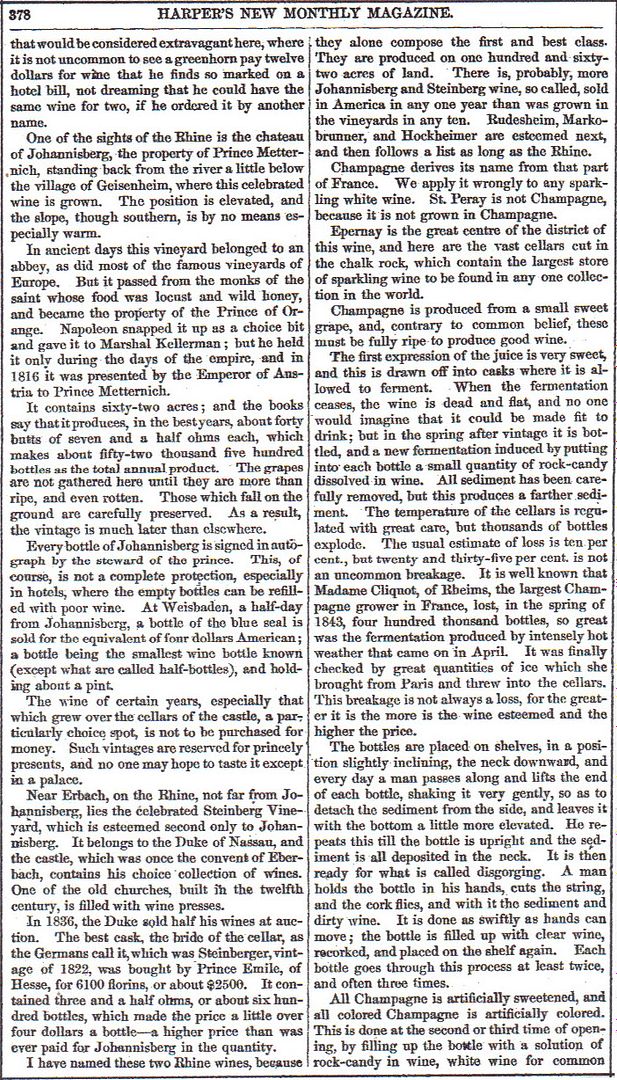
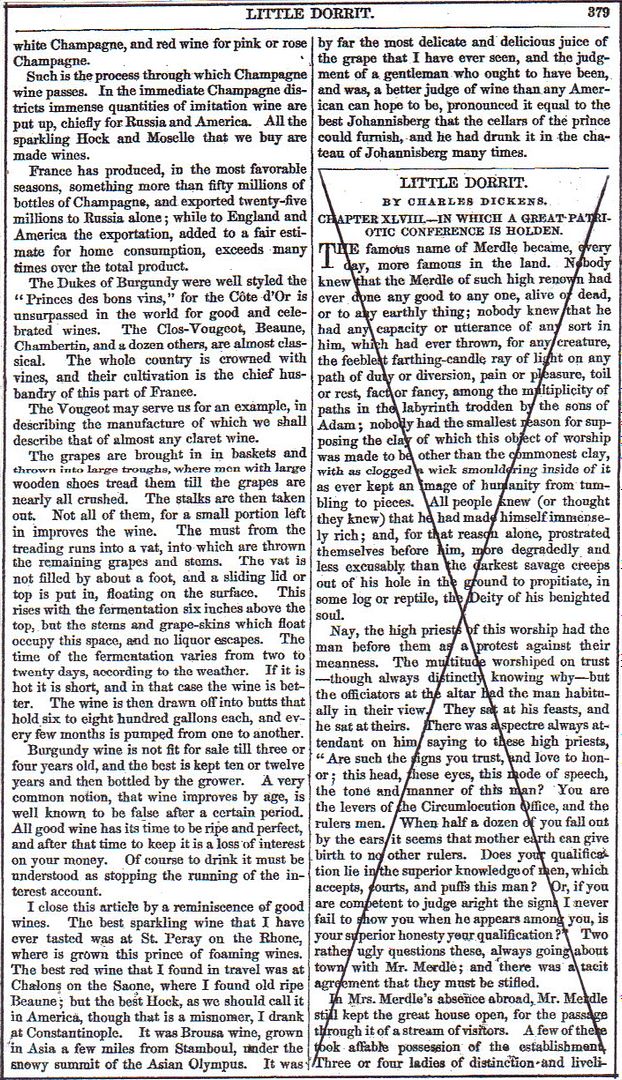
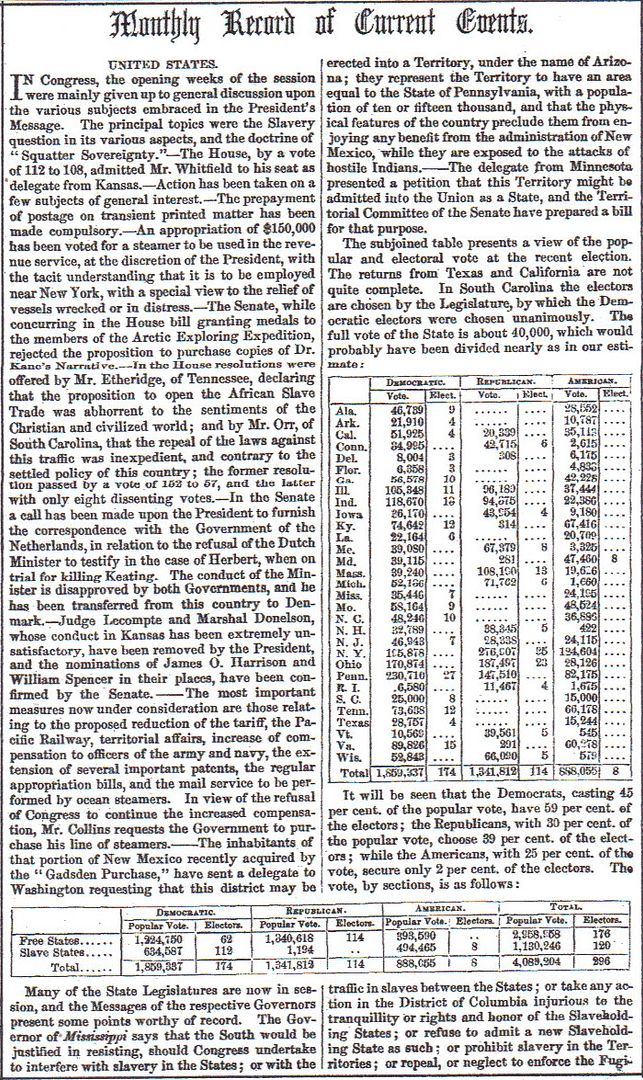
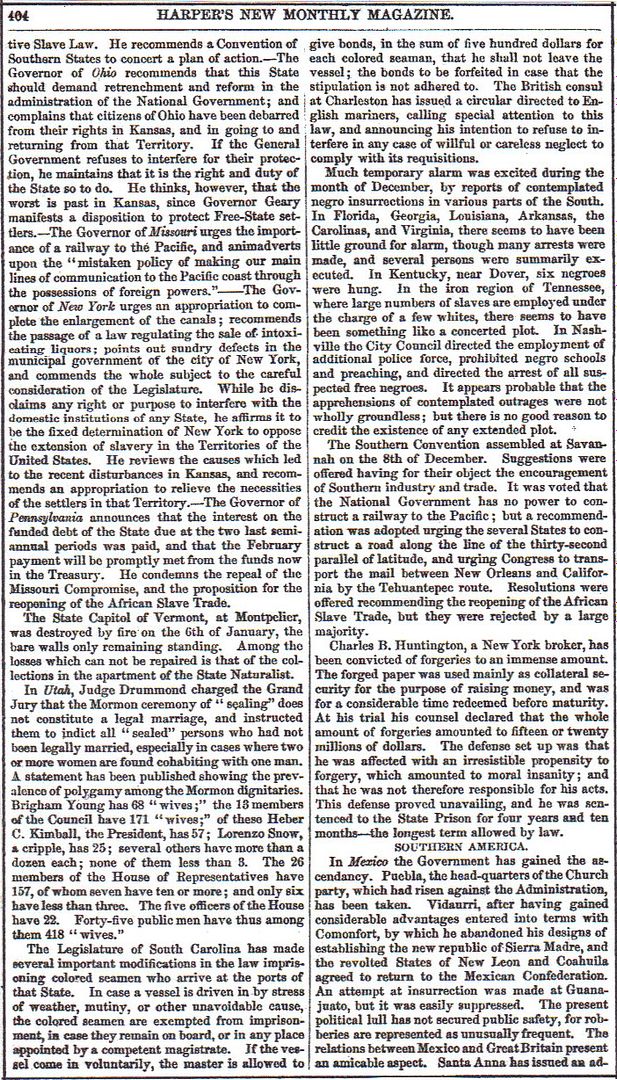
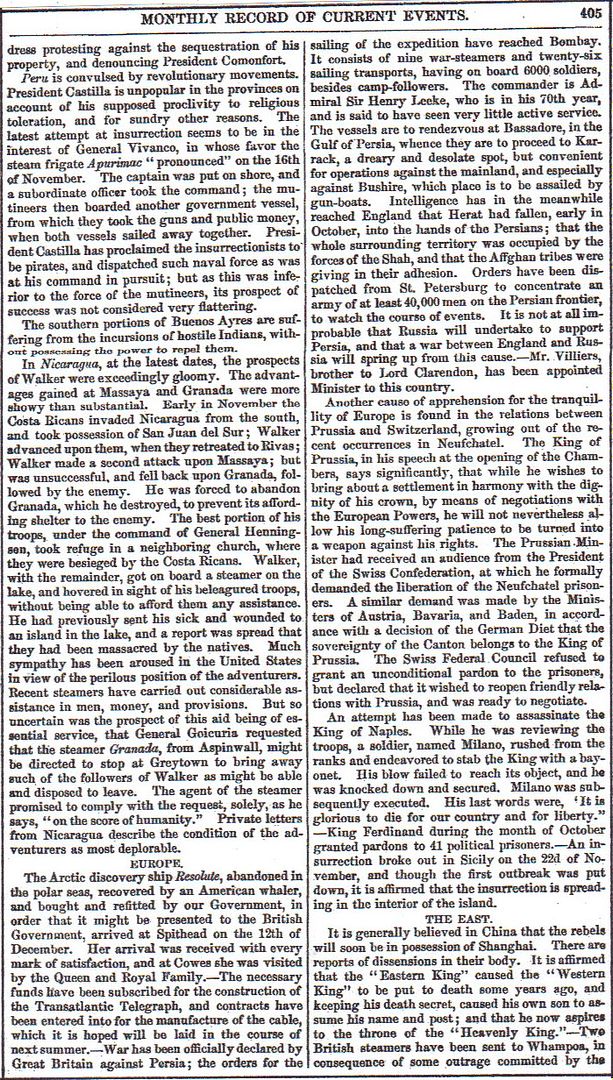
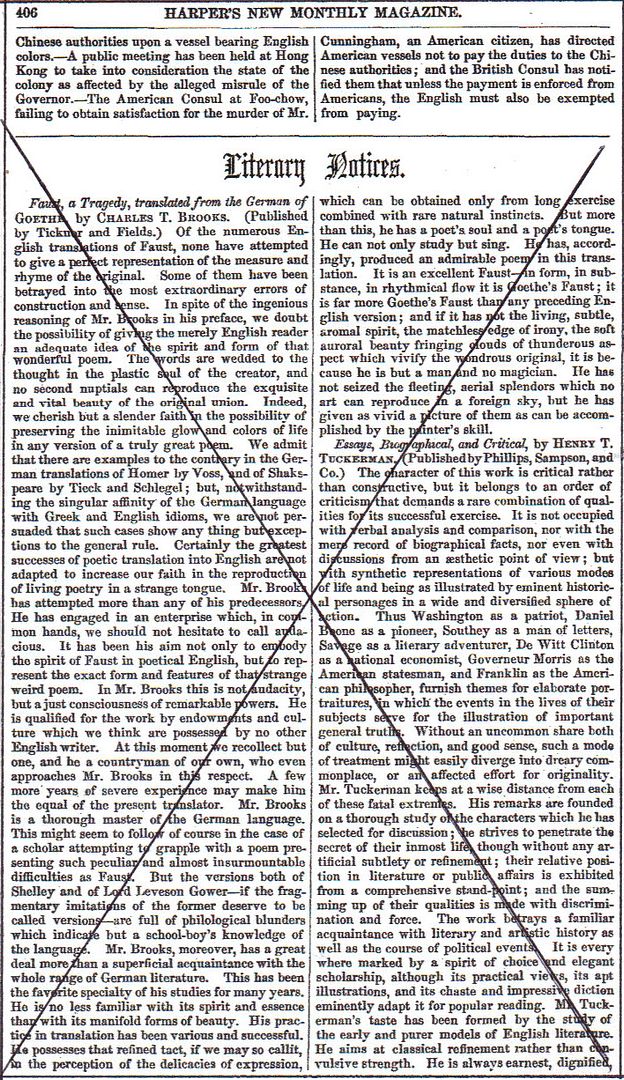
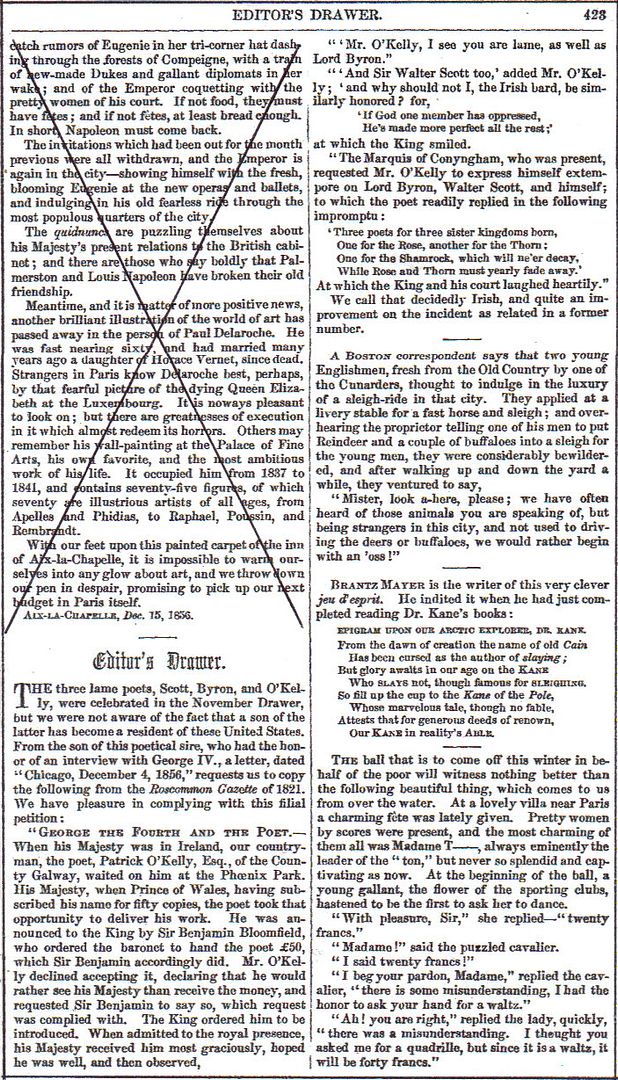
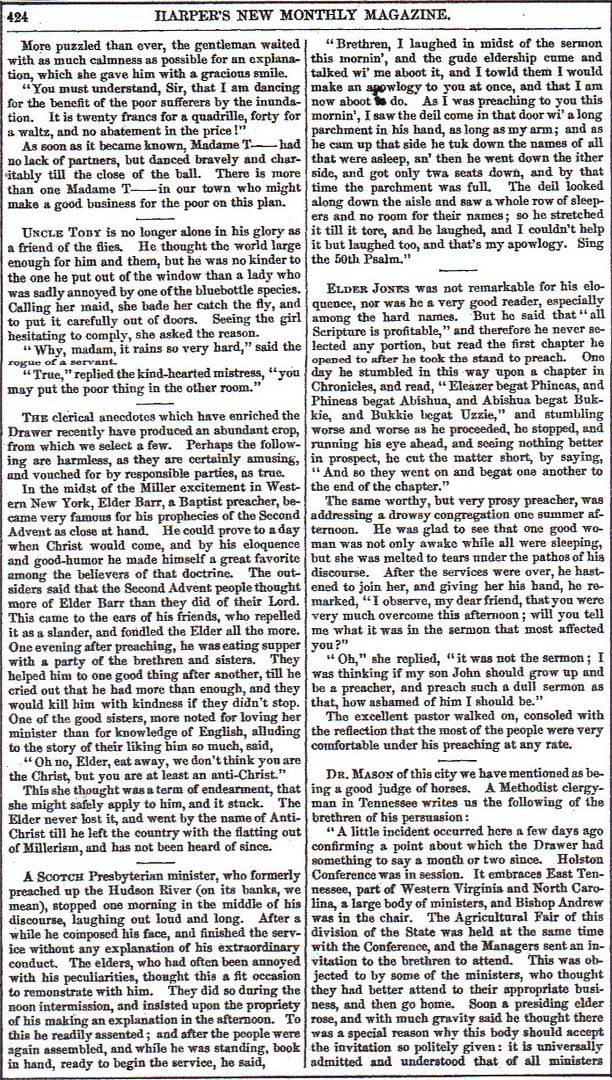
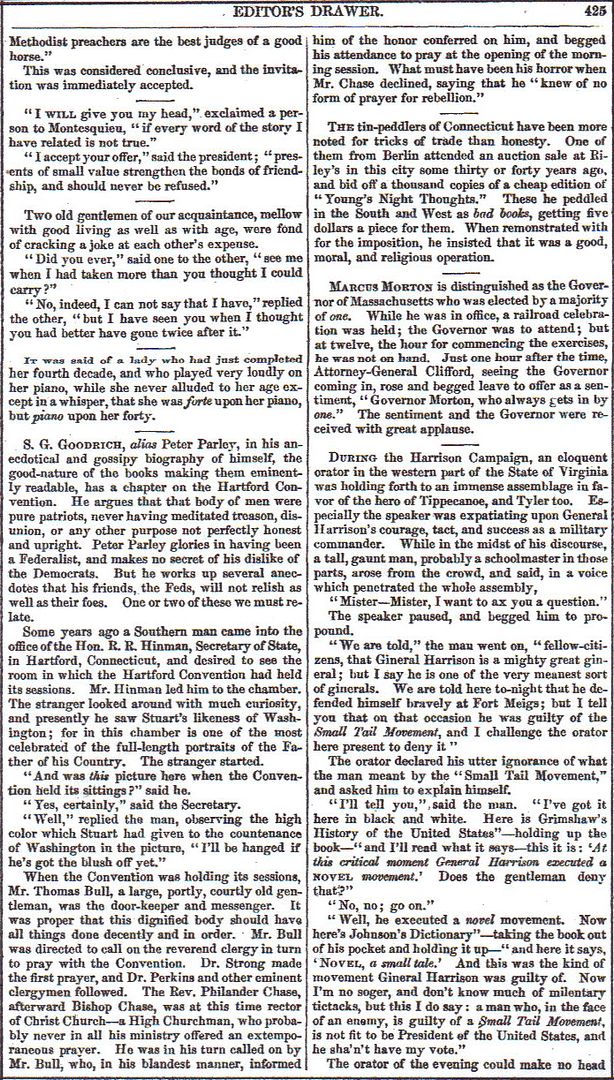
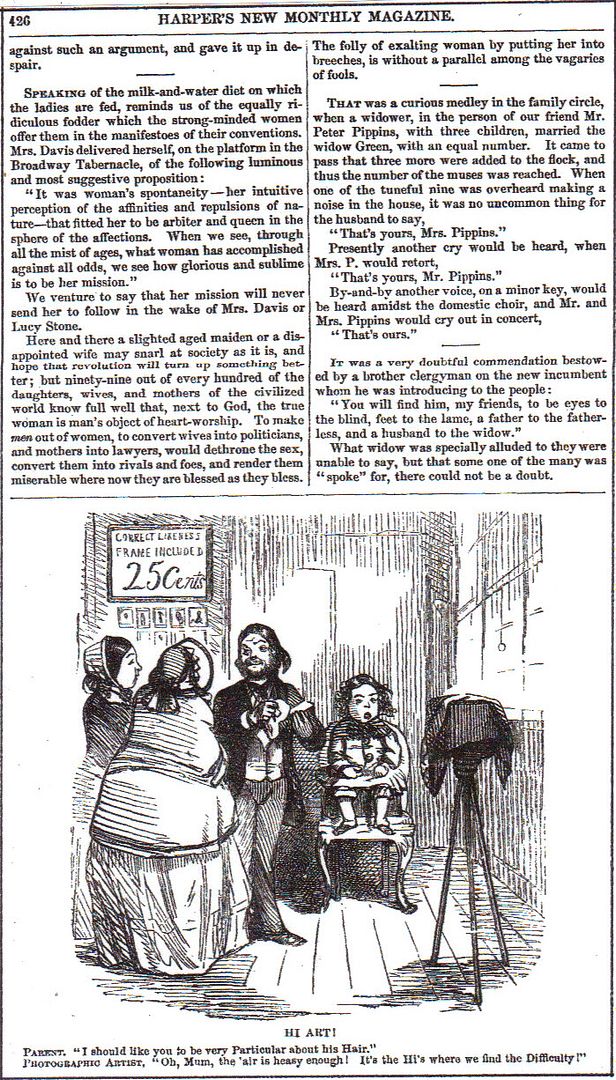
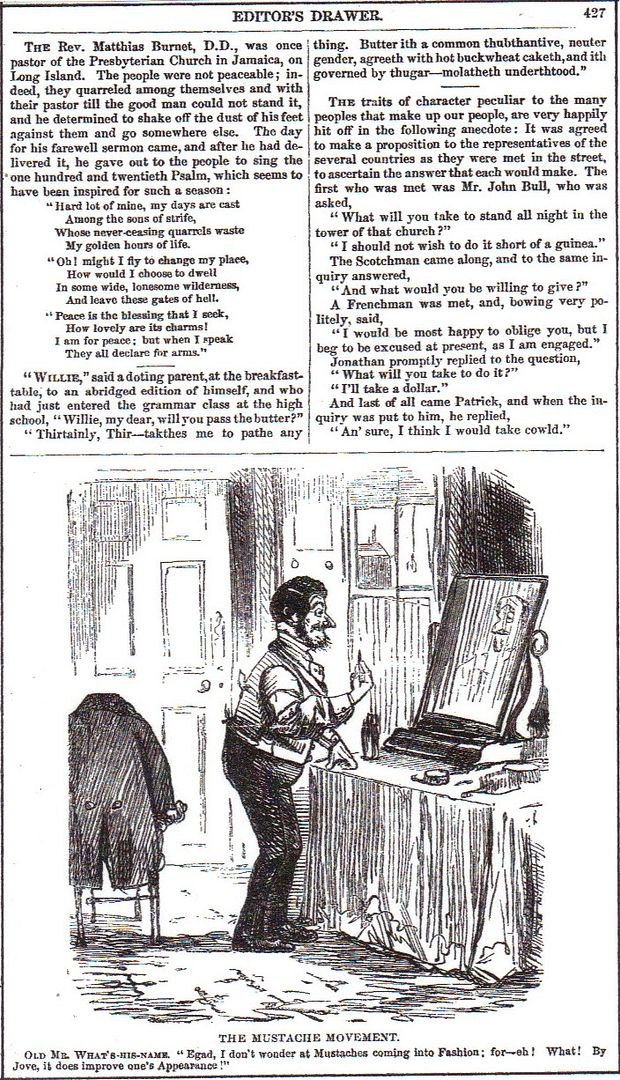
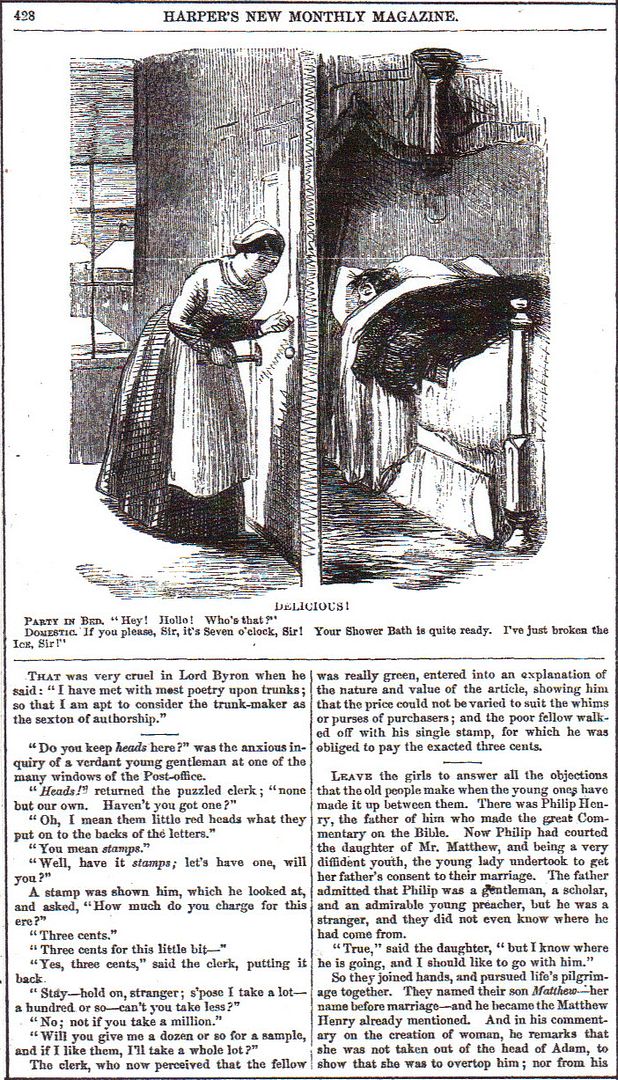
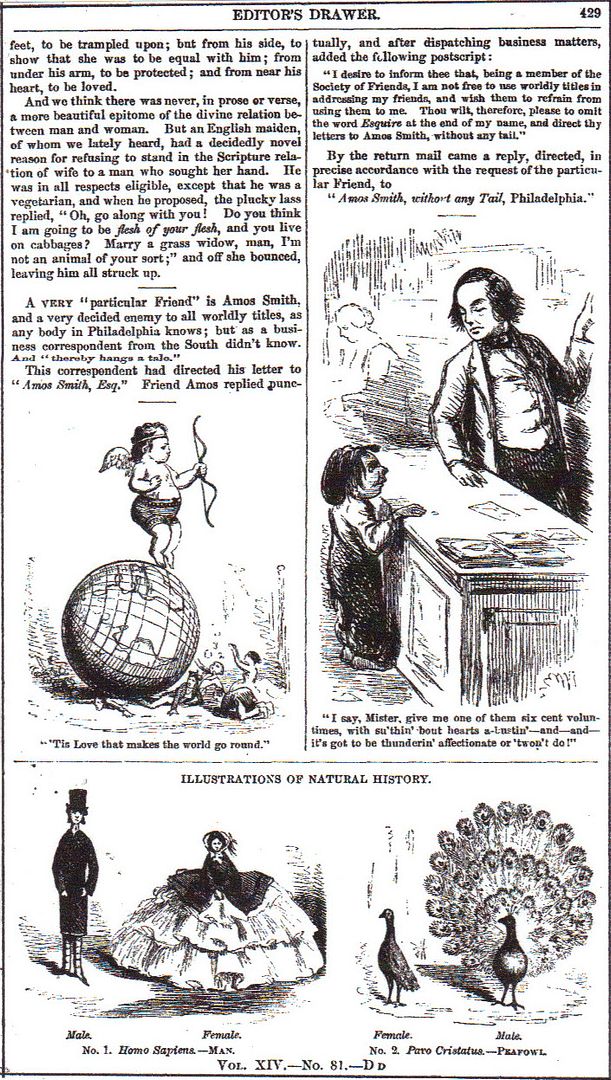
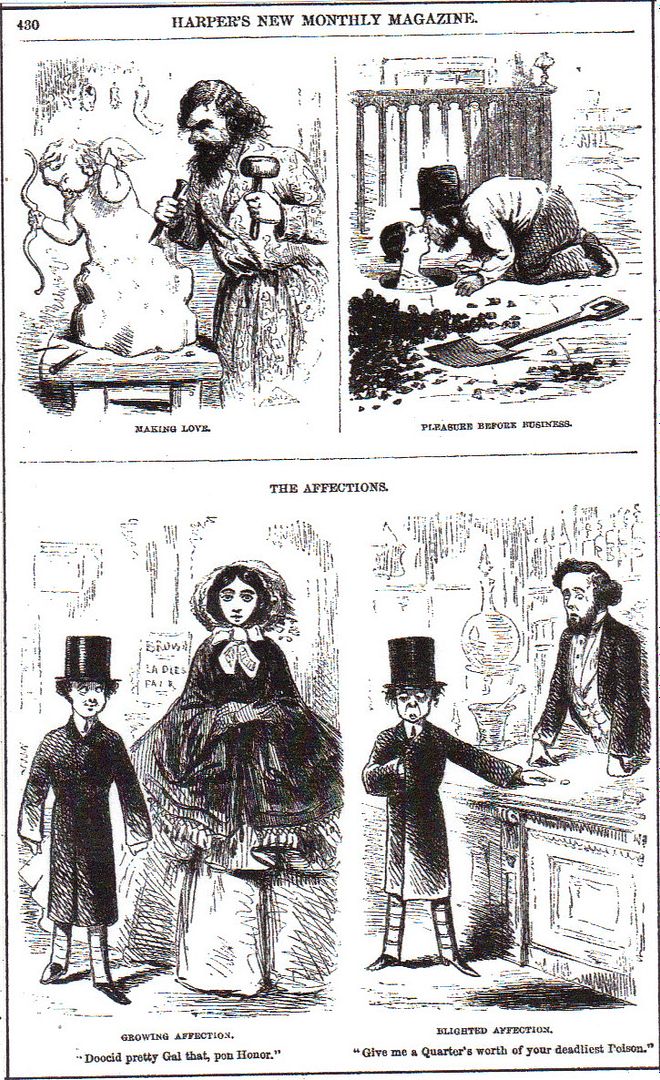
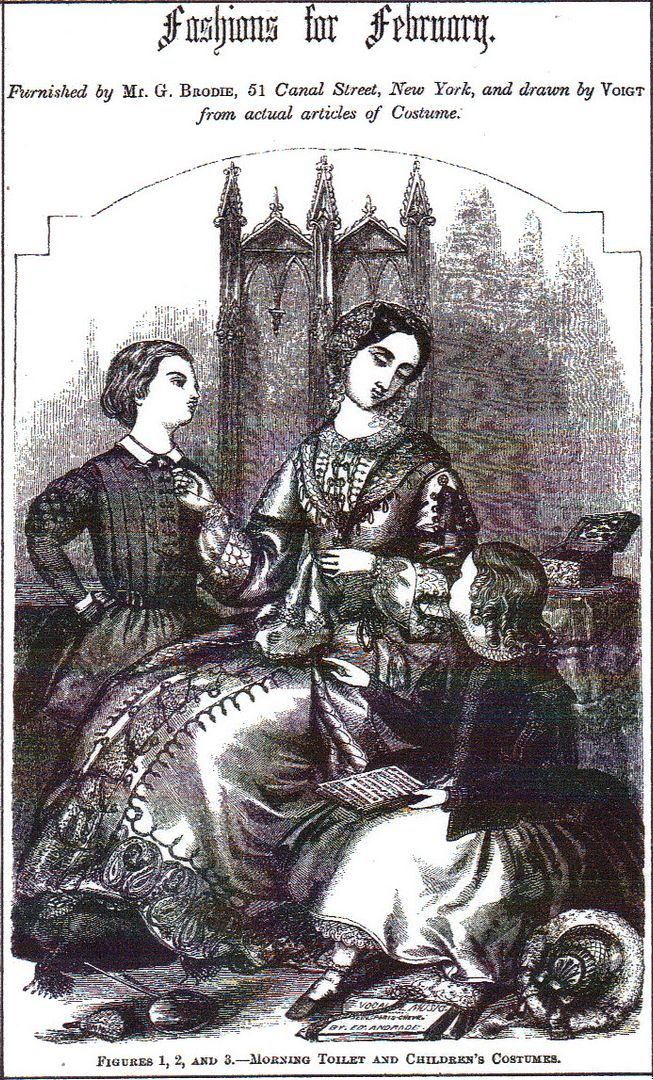
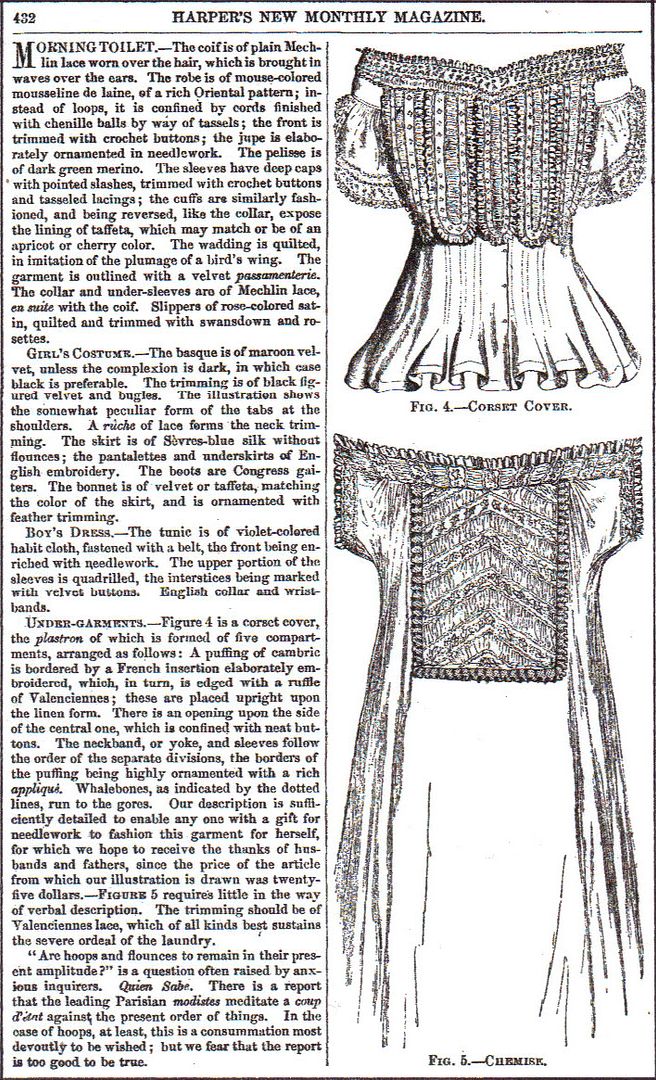
State courts are not the highest authority. A state law in conflict with a Constitutional law will be struck down by the Federal Courts, and that is what essentially occurred with the Dred Scott Decision.
Likewise with an extended presence. Article IV says nothing about duration of presence in a "free state."
If the slaveowner has a right to go to a different state, and if he has a right to take his "property" with him, than like it or not, the state is obligated to abide by the requirements specified in the Federal Charter.
They don't get to modify it with conditions.
Art IV talks about an escaped slave which isn’t relevant to Dred Scott. I changed my mind about Dred Scott because I can’t get around the fact that slavery was a states’ issue until the Reformation Amendments and there was due process in the Missouri Supreme Court to deprive the owner of his slave. So IMO Derd Scott was wrongly decided.
The Federal issue at stake was Article IV section 2. Your argument that "Illinois was a free state regardless of the Missouri Compromise " is tantamount to putting conditions on Article IV section 2 which are not in the text of the law.
The agreement of the founders and the signatory states was to clearly allow slavery consistent with the laws of the member states which had slavery laws. Changing the rules so that they can no longer exercise the same rights as they had when the agreement was signed, represents a breach of contract.
I don’t see how Art IV, Sec 2 has any bearing here. Illinois was a free state before the Missouri Compromise (MC), so Illinois was not affected by the MC. And the State of Missouri decided that Dred Scott was a free man.
Don’t see any relevant application of Art IV, Sec 2, Cl 1 (P&I), Cl 2, or Cl 3 (escaped slave).
Chimney swept clean where there may be been traces of woolen filaments from burned clothes.
CSI-1857
Detective Murdoch would solve it!
Having finally looked up Article IV, Sec 2 to read it for myself, I have to join those saying it doesn’t bear on Dred Scott’s case. He was not a fugitive. If the text of the section is your highest guide that should be what matters.
Marylander Roger Taney was a Jacksonian Democrat who manumitted his own slaves in the 1820s.
But Taney's opinions on Africans were as racist as possible and he did not believe they deserved rights of citizenship.
So Dred Scott was not out of character based on Taney's previous decisions.
It appears that Taney's decision needed only permission from the newly elected President, Doughfaced Pennsylvania Democrat James Buchanan, permission Buchanan was happy to give.
In fact, as HandyDandy & others have point out, and you obtusely refuse to acknowledge, the Constitution refers specifically and only to "escaping" slaves, and places no limits on states-rights to declare legally transported slaves freed after certain time limits.
That understanding was acknowledged and obeyed by President Washington in Philadelphia, so Founders' Original Intent in the matter is utterly clear, regardless of Roger Taney's lunacies.
No, it was far more than that, since George Washington was president of the Constitutional Convention and fully understood all the compromises & deals made there.
Washington understood exactly what those words meant, and never challenged that they referred to Fugitive Slaves, not to the rights of states to legislate abolition.
If you read the text of the Declaration of Independence, it makes it clear that the listing of grievances is a courtesy, not a requirement.
...a decent respect to the opinions of mankind requires that they should declare the causes which impel them to the separation.
The Declaration of Independence states that people have a God given right to leave for whatever reasons they so choose.
That to secure these rights, Governments are instituted among Men, deriving their just powers from the consent of the governed, — That whenever any Form of Government becomes destructive of these ends, it is the Right of the People to alter or to abolish it, and to institute new Government, laying its foundation on such principles and organizing its powers in such form, as to them shall seem most likely to effect their Safety and Happiness.
Your overly-clever lawyering here cannot erase the fact that nobody at the time understood it that way.
Indeed, if anybody in the world could successfully challenge Pennsylvania's right to abolish slavery in, say 1790, it would be President Washington, who knew exactly what the Constitution's words were intended to mean.
And Washington did not attempt to impose your too-clever interpretation of the Constitution's plain words.
Instead he obeyed Pennsylvania's abolition laws.
But no slaveholder had such rights before Dred Scott.
Like President Washington, they were allowed to keep slaves in free-states temporarily, but not for any extended time.
Once again, this all hinges upon what you mean by the word "escape." Escaping the "labor due" is the bottom line. How it is accomplished isn't really relevant.
You want to specify "fugitive" and in this context meaning someone who has ran away to another state, but the same concept applies to someone who tries to "escape" through guile, through the use of other states laws.
It's still an "escape." You are interpreting the word "escape" with too much specificity regarding the type of escape being committed, and likewise contrary to the manner that the slave states of the time would have understood it.
Which is exactly what DiogenesLamp argues for -- a change in Founders' Original Intent based on Roger Taney's 70-year later reinterpretation.
Before Dred Scot no slave-holder and no slave-state considered it a "right" to take slaves into free-states permanently without freeing them.
So DiogenesLamp's arguments otherwise are pure sophistry.
The Declaration of Independence (D of I) is basically a treatise to the world about what justified the colonists’ secession. It is probably the most elegant and well reasoned justification for secession maybe in the history of the world. It offers justifications of that which “Prudence, indeed, will dictate...” offered for consideration to a “candid world.”
The D of I gives instruction and guidance, not legal or constitutional dictates, for valid secession. However, IMO, the D of I has persuasive authority because of its integrity and influence in American law and culture.
The D of I shows the steps to valid secession and that secession:
1) should not be “for light or transient causes”
2) requires a certain “patient sufferance” while “evils are sufferable”
3) involves notifying and submitting the facts of abuse “to a candid world” (27 specific abuses are listed in the D of I) and finally
4) “when a long train of abuses and usurpations, pursuing invariably the same Object, evinces a design to reduce them under absolute Despotism, it is their right, it is their duty to throw off such Government.”
The colonists suffered many decades of harm from George III and continually notified him of his wrongs and pleaded for redress. In contrast, the South had not yet suffered any unconstitutional acts from the feds regarding slavery. The South should have first notified the feds of what acts were unconstitutional and why they were unconstitutional. Instead they ceded in anticipation of federal acts. There was really no “patient sufferance” and no attempt to notify the feds with reasonable constitutional arguments.
So the South’s cessation was invalid IMO. I believe the North had a constitutional right to fight them and get them back into the Union.
They look like they’re afraid aliens will snatch them off the roof!
Northerners have been taking note of that since the Compromise of 1850 and Fugitive Slave Act.
Disclaimer: Opinions posted on Free Republic are those of the individual posters and do not necessarily represent the opinion of Free Republic or its management. All materials posted herein are protected by copyright law and the exemption for fair use of copyrighted works.